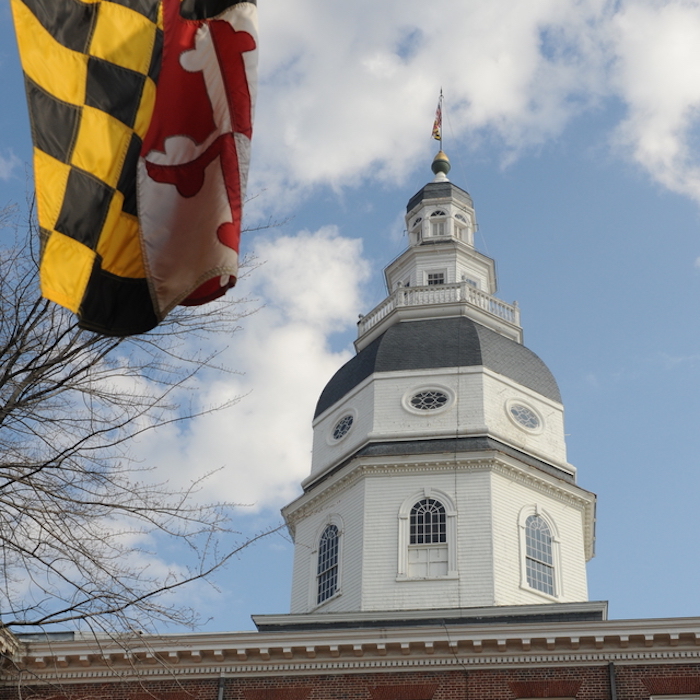In February 2024, Delegate David Moon promoted, on behalf of the entire Montgomery County delegation in Annapolis, HB1300. The brutally concise summary of that legislation holds unenforceable certain restrictions in housing associations, specifically those meant to limit construction of dense housing on lots designated as single-family detached. The bill’s title appears as
Montgomery County – Restriction on Use of Real Property – Limitation MC 8-24
Leaving the nuances of this legislation aside, I thought it strange that our state legislature can pass a bill that applies specifically to Montgomery County—or to any other individual county. Intuitively, I thought that any legislation passed by the General Assembly applies equally to all Maryland jurisdictions.
As part of my speaking engagements up and down the I-95 corridor, I had the pleasure of meeting with a group of very impressive young Democrats in Ann Arundel County. I asked them about this seeming incongruity, and they referred me to a legislative staffer within the General Assembly. The paragraphs set in quotes are taken directly from his email to me.
“The first thing to understand about local authority is that the relationship between the County and State governments is markedly different than the relationship between the State and Federal governments. I bring this up because it’s fairly common knowledge that the Federal Constitution specifies that all powers not explicitly given to the Federal government falls to the States; I’ve found it’s a common misconception that people believe that that clause applies to the State/County relationship as well, but that is not the case.
“Does this mean that the State can make any laws affecting the local level? Well, not quite, and that’s where it gets complicated. Each County is established by a certain legal mechanism: Charter, Commission, or Code Home Rule. In each instance, there are certain areas of law that Counties are expressly allowed to legislate as dictated by the legal agreement with the State establishing each individual County. For the most part, anything falling outside of that legal agreement is left to the State. The Maryland Association of Counties published Code Home Rule vs. Commissioner vs. Charter going into the specifics of each.”
Looking at Code Home Rule vs. Commissioner vs. Charter, the column “Charter” applies to Montgomery County, as MoCo was established by a charter. Under Public Local Laws, we read:
Broad legislative power vested in county council – General Assembly may enact laws for a single charter county in a subject not contained in their Express Powers.
There you have it: For powers not expressly stated in the MoCo charter, the General Assembly can enact laws applying only to MoCo. As it is extremely difficult to enumerate every single power our County Council does have, there is room for the General Assembly to pass legislation on anything not so enumerated, with interpretation being the only limiting factor. I’m not sure that our county’s charter, voluminous as it is, grants the County Council the right to nullify housing covenants, so presumably the General Assembly can do so within MoCo.
Again, this type of legislation doesn’t apply onto to MoCo. My source provided other examples of the General Assembly proposing and/or enacting legislation pertaining to other Maryland counties.
My takeaway is that within Maryland, and perhaps within other states, the distinction between the state and local government is indeed fuzzy, and we can expect the state legislature to continue enacting county-specific laws.
(The depiction in this post is both my source’s as well as my own understanding of the relationship between a county and the General Assembly, and should not be taken as an authoritative legal opinion.)




